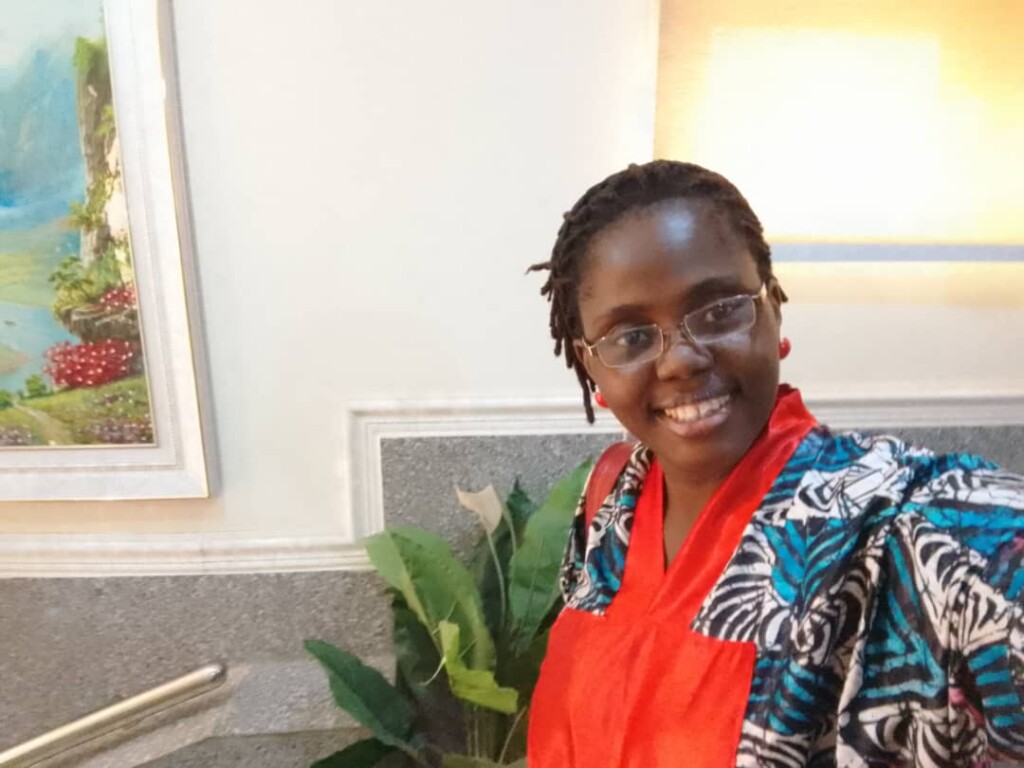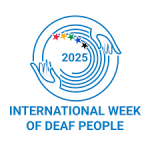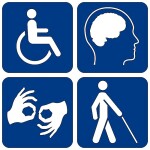Following a bitter experience of communication barrier in a hospital, Funmi Ogunro founded the Friend of the Deaf International. But, as she reveals in this interview with ER, the gaps she and others try to bridge with their advocacy keeps widening
How do you manage the language you teach with the one the children sign at home?
What we teach the children at our school is the Nigerian standard sign language. A child coming here for the first time starts learning it from the alphabet. They start building words with it. Unlike what they learn at home where parents use the unconventional sign language which is also called body sign. They could gesture the penis to sign ‘father,’ for instance, while we touch our forehead to sign that same word. But the children always use the crude means among themselves when they first come.
The Prohibition Act states government hospitals should make special communication available to relevant PWDs to access health care services. How practicable is that?
The law is good. But the question is: Are there provisions for implementing the sign language policy? When I volunteer as a sign language interpreter at public events and occasions, I find out many do not have the means to pay sign language interpreters. And the implementation of that law in public hospitals is not even up to expectation. It’s not enough to put one sign language interpreter in one general hospital. What if there are several patients with hearing impairments who need interpreters? That’s why promoting the knowledge of sign language is important. So far, I have been able to train 50 health workers—doctors, nurses, and others. That’s the best way to go about it.
Could you share with us instances where this communication barrier resulted in losses?
Sign language is life. My immediate younger sister at UNILORIN had typhoid, and we didn’t know on time. At the hospital, the communication barrier between us the family and the doctors eventually led to her death. The typhoid had eaten too deep into her system, leading to psychosis and all that. It was her death that inspired me to learn sign language, and start the Friend of the Deaf International Organization to bridge the communication gap, and promote the education rights of CWDs. Many deaf people I know don’t want to go to the hospital because of this communication barrier. If they go at all, the health workers will give them a pen and paper, even when the deaf patients cannot write. These patients feel bad, and resort to self-medication. But we do our best going to the schools, and using sign language clubs to teach hearing students how to communicate with the deaf. The more people know it, the easier it becomes to help the deaf in our communities.
In your advocacy in the health sector, what did you discover about sign language and accessibility?
We have been training health workers to use sign language. But many still find it difficult to embrace this knowledge. Even in regular schools where we teach hearing children—some managements will tell you they have to get the parents’ consent first. Parents, too, will tell you they don’t want their children distracted from their studies. Some are afraid their children might learn sign language communication, and stop talking, or go deaf. There’s still a lot to do in advocacy—to make parents aware it’s just a new skill.
What’s it like for deaf women accessing sexual and reproductive healthcare services?
There’s a need for more advocacy. There are NGOs like the Deaf Women Arise Initiative (DWAI) and others doing this, taking SRH understanding to deaf women at the grassroots. But these efforts are not enough.
How is the state of insecurity affecting children with hearing impairments?
We can’t over emphasize the impact of insecurity on PWDs, especially on the deaf who don’t have access to audio information. The deaf children only run when they see others run. And here are children who love to be free, following one another home and so on. But we encourage them to do what is right. Government needs to provide sign language interpreters in public places—hospitals, marketplaces, and everywhere the deaf are. They should not be neglected because they are a minority.







